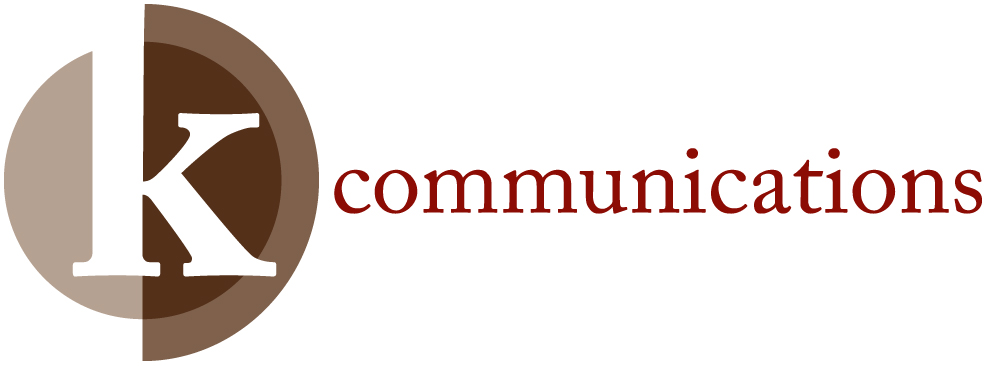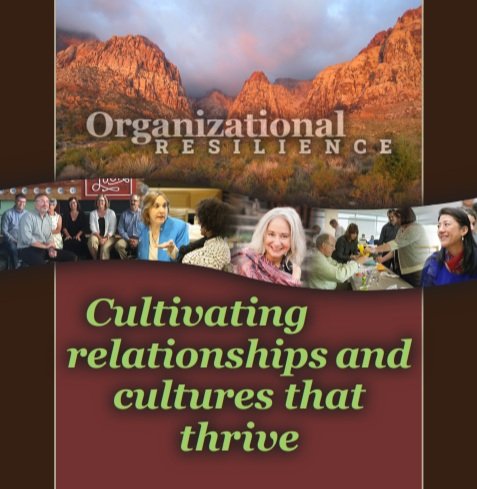Want More Trust? Level Up Your Craft!
/Fall is officially here. Shorter days, crisper mornings, leaves turning, and kids returning to school. I have always loved the energy of this season – including going back to school. Not only would I reunite with classmates after summer break, but I would experience the buzz of excitement about new classes and teachers. It was so full of promise and potential!
In school, the expectation is we were there to learn. At work, we might feel weighed down by an unspoken expectation that we are supposed to already know.
What if we could infuse our work with a sense of curiosity and discovery – no matter where we are on the journey? What if we entered each day as an opportunity to learn something new?
This growth mindset is not just good for your continued professional development; it can lower your stress. It allows you to see the world as dynamic, and within that, a recognition that your stability and security are less about what you possess, and more about what you are capable of making happen. As you embrace this idea of life-long learning, you are more prepared to weather the unpredictability of our world.
There’s another benefit of getting better at what you do: TRUST.
Trust is a complex concept. It can be both solid and fragile. We all know it can be hard to earn and painfully easy to lose. When I train on how to build trustworthy relationships, we talk about it in three categories:
1. Competency – being good at what you do,
2. Character – doing the right thing, being loyal, kind, and respectful; doing what you said you’d do, and
3. Communications – being clear, candid, transparent and timely; keeping people in the loop.
For the purposes of this column, I am going to focus on building trust through competency.
Most leaders are elevated into their role because they have proven to be technically good at what they do. They are perceived as competent in their jobs. It may show up as delivering quality work, providing a thorough analysis of data, troubleshooting system glitches, managing a budget, or creating efficiencies in a workflow. When you demonstrate high level expertise and skills, people begin to trust you in that domain. You become the “go to” person in your field. People seek your counsel. They trust your capabilities and judgment as it relates to your craft.
Getting Better
In Stephen Covey’s book, “The Speed of Trust”, he spells out 13 behaviors one can practice to build trust. One of those, “Get Better”, is about continuously investing in your competency to increase your capabilities. At the core of trust is credibility and Covey explains that to earn it, you need to remain relevant and deliver results.
Relevancy.
It’s no secret that the world is changing at a rapid pace. We cannot assume today’s knowledge and skills will be sufficient for tomorrow’s challenges. By staying on top of trends, tools, or knowledge in your field, you are better positioned to bring value to your organization. It keeps you from getting complacent, restless, or bored in your role.
Results.
Our skills are only visible when we apply them. The more consistently we do that, the more we can make a real impact. When we leverage our strengths to be of service to others and to contribute to an organization’s goals, we are seen as a trusted resource that delivers.
Investing in ourselves speaks volumes. By continually elevating your craft, you are role modeling a commitment to excellence. You are raising the bar for your teams to bring their best and for your organization to be resilient and competitive. And perhaps equally important, you are believing in yourself – fueling your own motivation, job satisfaction, self-confidence, and self-trust. You are stepping into what I consider a “worthy collaborator” – someone who adds credibility to the conversation.
How can you level up your craft?
1. Seek Feedback. Find out what is valued and appreciated about what you do. Find out where you could be better.
2. Assess your organization’s needs. Where is there a gap in your organization that you could fill? Perhaps there’s an opportunity for cross-departmental collaboration.
3. Mentor/Teach. Sharing your knowledge not only elevates others, but it helps you hone in your own skills. Good teachers keep learning!
4. Take classes. Find a program that appeals to you, whether or not it gives you continuing education credits. Reignite your joy of learning to spark enthusiasm for your work.
5. Get certified. Perhaps there is a certification in your field that would lend increased knowledge and credibility to your craft.
6. Join a professional organization. Finding your tribe where you can go deep and geek out together can be a great way to build your competencies.
7. Hire a coach. A professional guide can help you tap into your motivation and identify any blocks that may keeping you plateaued.
Getting better is not about coming from a place of “not good enough”. It is also not about reaching a point where you no longer have questions, doubts, or nothing left to learn. It is a recognition that you bring passion to being a professional in your field and care about doing great work. It is a way to reinvigorate your work and inspire others to do the same!
For my part, I just signed up for a 2-day facilitation workshop, where I get to be the participant learning new skills and refining established ones. I am already excited about going back to school next month!
How will you level up your craft?
///



